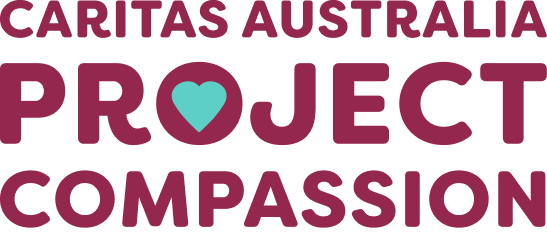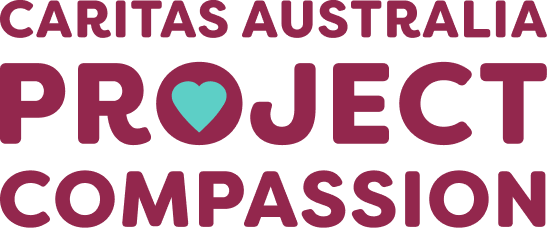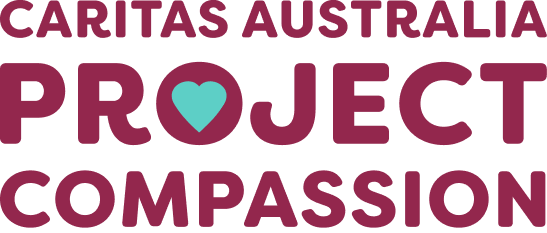
Monoranjon's story, Bangladesh
Monoranjon lives in a village in Bangladesh close to the sea, where floods and storms often damage his crops and his home. With support from Project Compassion, he learnt climate-resilient farming techniques and new ways to diversify his income, helping his family survive and build a safer, more sustainable future.
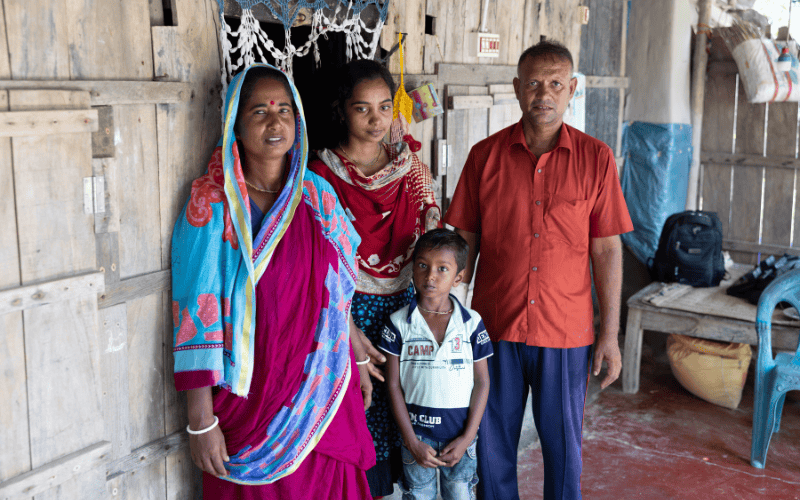
Bangladesh is one of the countries most vulnerable to the impacts of climate change.
Monoranjon lives with his wife, Anita and two children Sushmita, aged 14 and Chandon, aged 5 in a small village in the southwest region of Bangladesh. In this area, almost 10 million people are facing poverty, and of those, almost 6 million cannot meet their minimum daily needs. Monoranjon, like many people, relies on agriculture to provide for his family.
There is a strong chance that much of the region Monoranjon and his family lives in will be under water within the next thirty years. The area is already highly affected by climate change, experiencing extreme heat waves, droughts, floods, cyclones and rising sea levels. Rising sea levels have increased the salinity of crop soil, which makes it harder for plants to grow, and have threatened the survival of the mangrove forests near where Monoranjon lives.
In this dry season no seedlings come out from seeds. Due to heat of the sun and lack of water, plants are dying.
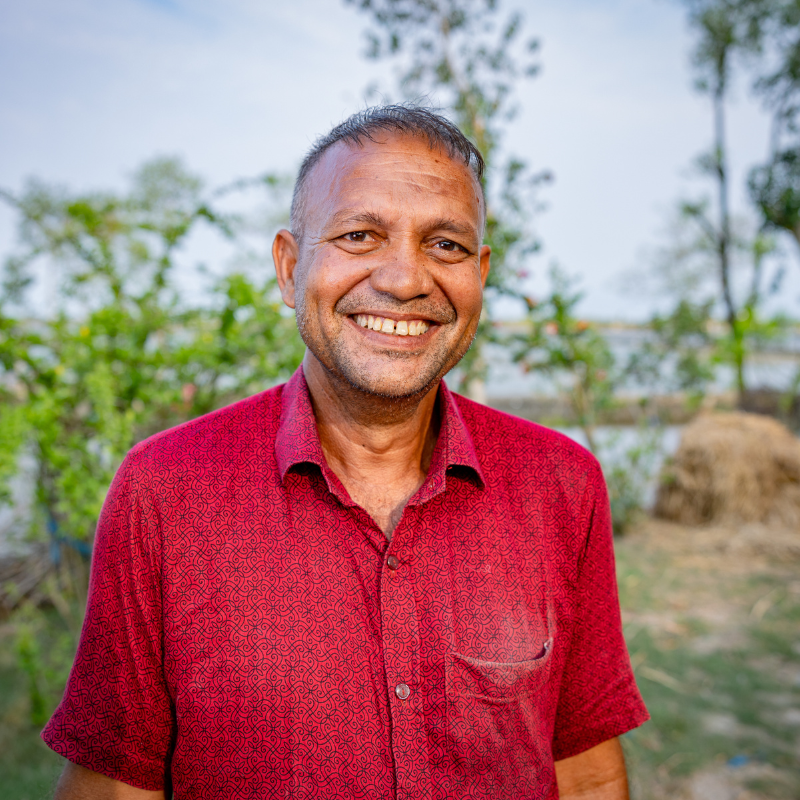
Monoranjon
Without enough income from his crops and fishing, Monoranjon was at risk of being unable to afford to send his children to school.
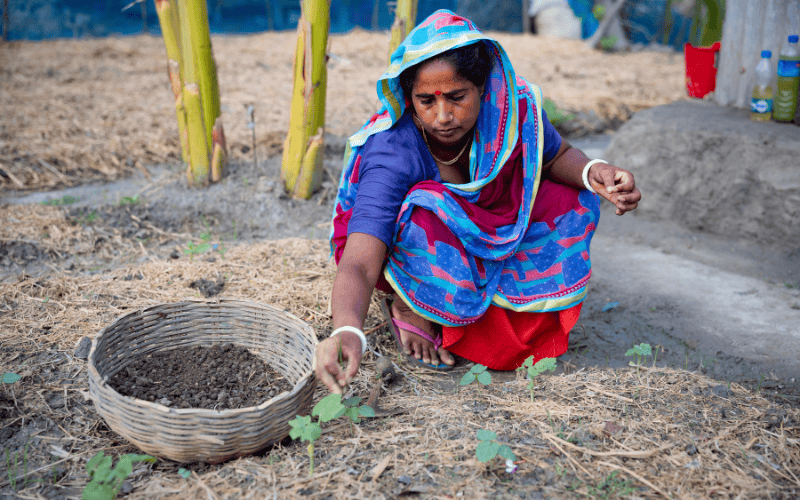
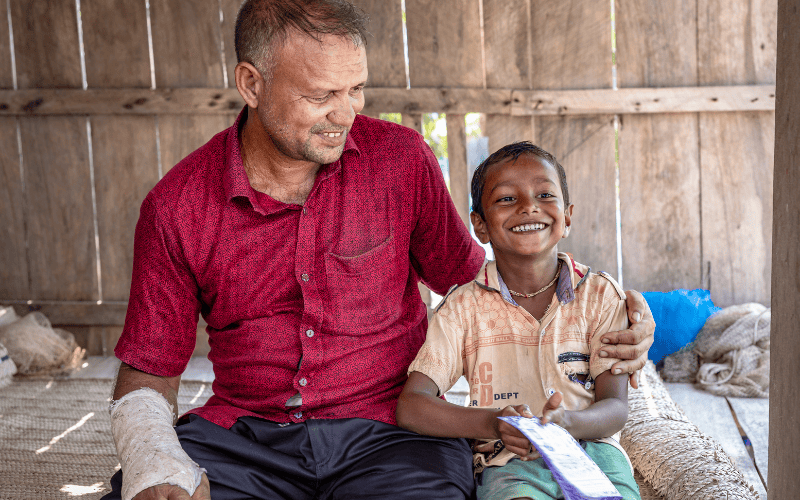
The community has embraced climate-smart farming practices and disaster risk reduction strategies. Monoranjon's involvement in the program has also elevated his standing within the community, as he is able to share his knowledge with his neighbours and local community.
"Getting this training from Caritas, I am very happy. In my personal training and with the help of them I have learned a lot," Monoranjon said. "I understand how to keep our livestock well, and how we live in our area, about climate.’
Looking ahead, Monoranjon sees a future where he continues to thrive as a farmer, guiding others towards a path of sustainable development and resilience.
Along with your generous support, this program is also supported by the Australian Government, through the Australian NGO Cooperation Program (ANCP).
Your donation can help
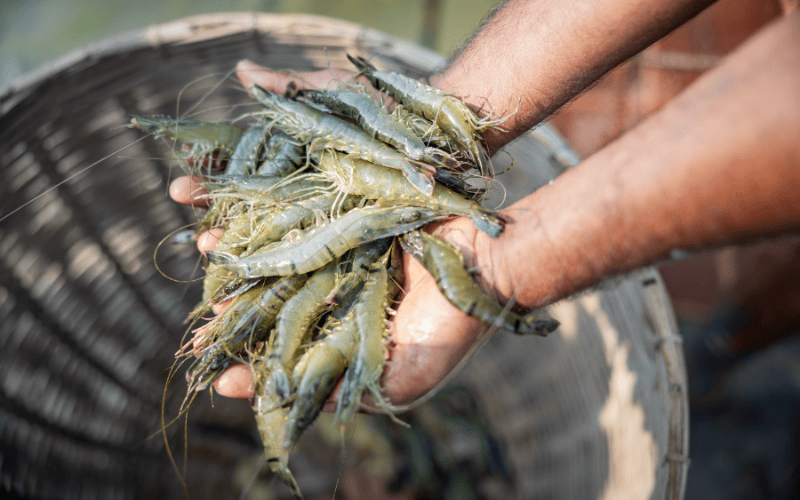
Support peer-to-peer training in agriculture, aquaculture, handicrafts, and small businesses
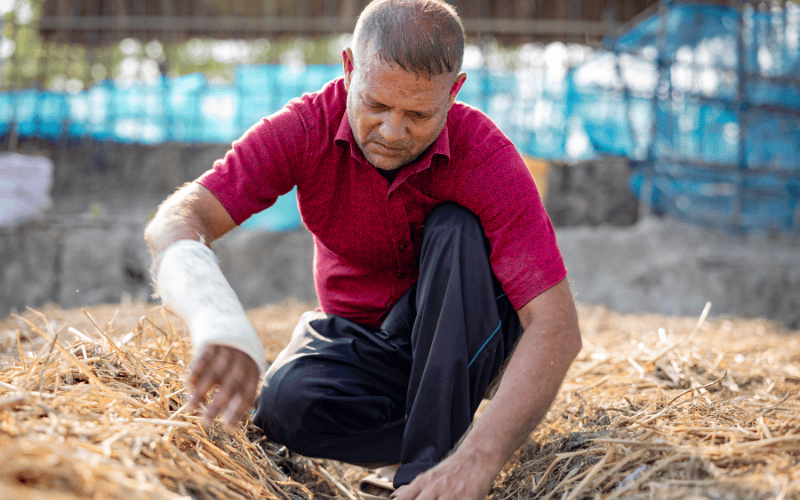
Restore water sources and promote tree planting to improve irrigation, drinking water, and biodiversity in vulnerable communities
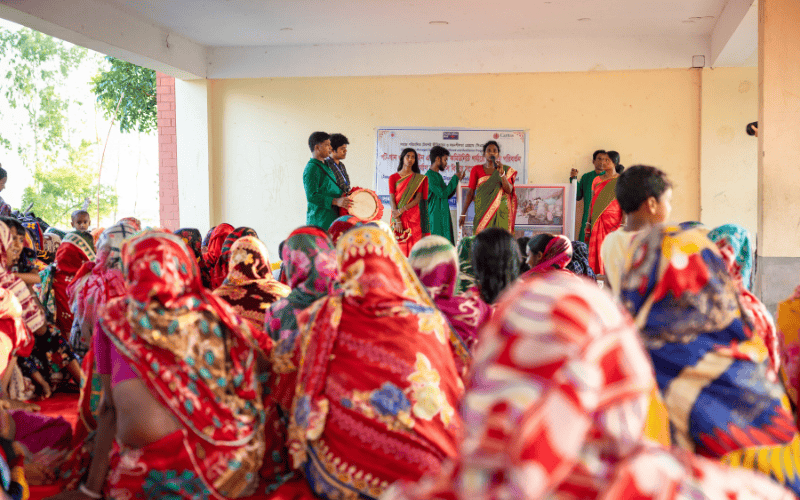
Fund creative awareness campaigns that teach communities how to prepare for climate change and disasters
Ways to get involved
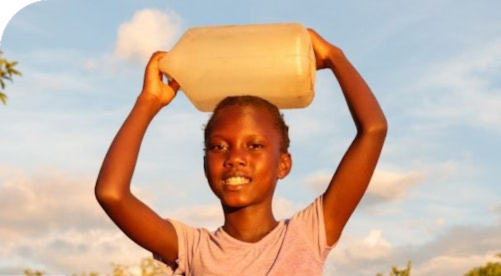

Take on a 40-day walking challenge this Lent. Bring clean, safe water to people around the world.
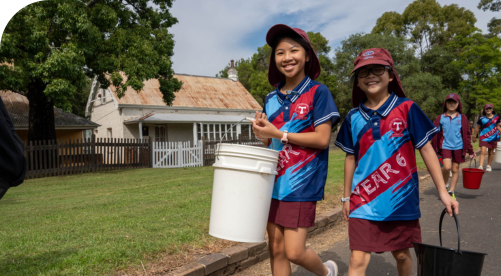

Sign up as a school, and raise funds to help people who have to walk to collect water every day.
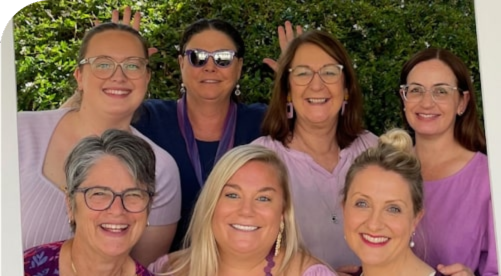

Be the host with the most this Lent. Raise funds to change the lives of people living in poverty.
